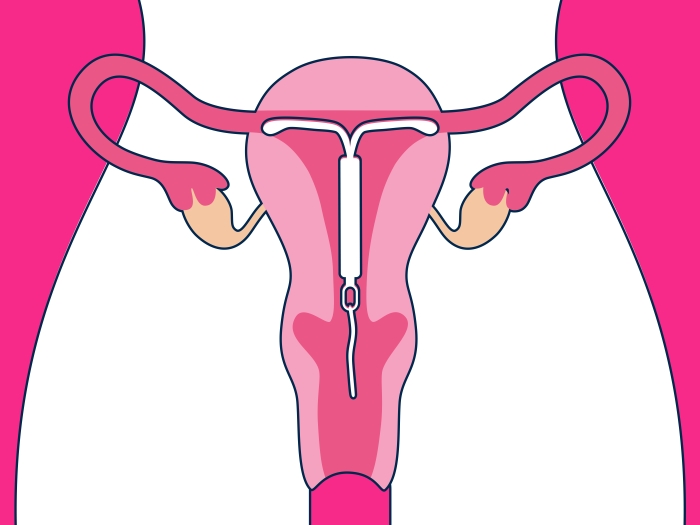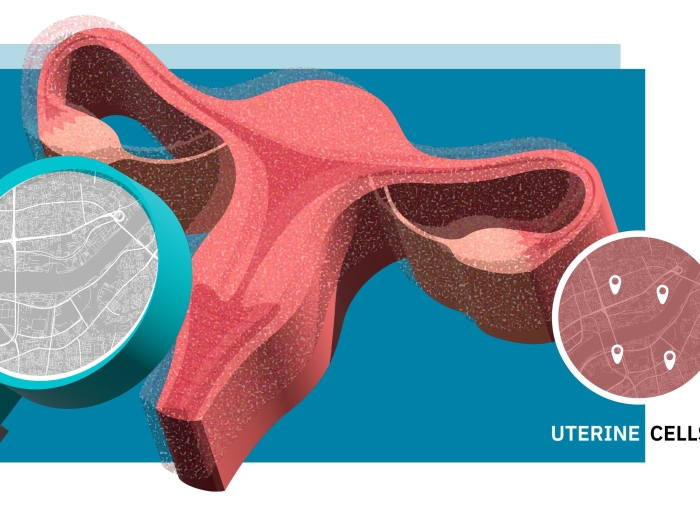-
Education Hub -
Medical Student Programs -
Residency -
Fellowships & Advanced Training Programs -
Cancer Genetics & Breast Health -
Complex Family Planning -
Global Women's Health -
Gynecologic Oncology -
Hospitalist -
Maternal Fetal Medicine -
Minimally Invasive Gynecologic Surgery -
Pediatric & Adolescent Gynecology -
Reproductive Endocrinology & Infertility -
Urogynecology & Pelvic Reconstructive Surgery -
Women's Health
-
-
Opportunities -
Facilities & Spaces
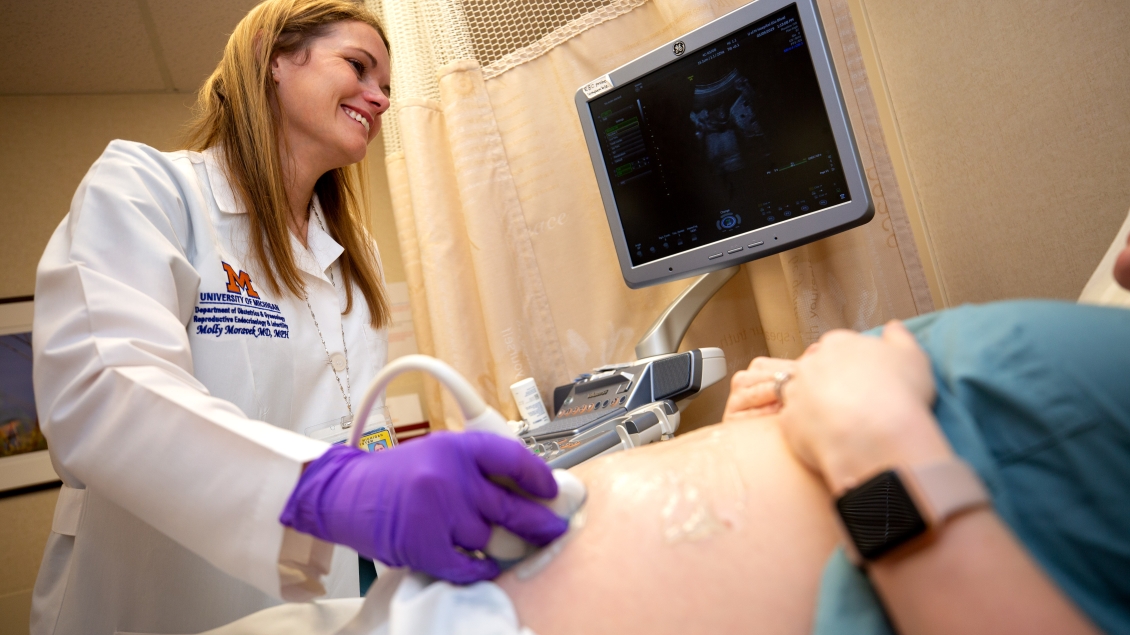
The goal of the Reproductive Endocrinology & Infertility Fellowship is to help advanced trainees identify their paths as future leaders in reproductive endocrinology and to provide them with resources for their individual success.
Learn more by jumping to the sections below:
The U-M Medical School Department of Obstetrics and Gynecology fellowship in Reproductive Endocrinology & Infertility is a three-year program that provides fellows with the knowledge, skills, and experience vital to becoming successful leaders in the field.
Reproductive Endocrinology & Infertility fellows benefit from a multidisciplinary approach that brings together the expertise of endocrinology and infertility specialists, OBGYNs, reproductive urologists, lab technicians, and research scientists. Our program is structured to provide 18 months of research experience and 18 months of clinical training (13 months of clinical training, followed by 18 months of research experience, concluding with 5 months of clinical training).
Fellows also have the opportunity to participate in elective rotations, including Pediatric and Adolescent Gynecology, Comprehensive Gender Services Program, Reproductive Urology, Medical Endocrinology, and Minimally Invasive Gynecologic Surgery.
Fellows actively participate in all aspects of patient care and gain valuable and extensive experience. This includes the evaluation, planning, treatment, and follow-up of patients seen in the Division of Reproductive Endocrinology and Infertility. Fellows are involved in creating and managing IVF cycles, performing transvaginal oocyte retrievals, and performing embryo transfer in the second and third years. In addition, fellows perform gender-affirming laparoscopic hysterectomies. Through this experience, fellows will become proficient in advanced technologies and treatments. Clinical work will take place primarily at the Center for Reproductive Medicine, as well as nearby ambulatory clinics and Von Voigtlander Women's Hospital.
Fellows will have the opportunity to participate in basic science, translational, or clinical research, depending on the fellow's skills and interests. Research may be conducted on a broad range of topics, including female and male infertility, assisted reproductive technologies, reproductive surgery, endometriosis, uterine fibroids, polycystic ovary syndrome, gender-affirming hormones and fertility, menopause, reproductive genetics, and issues related to reproductive hormones.
The Department is home to 11 Board-certified and non-Board-certified clinical and research fellowships in obstetrics and gynecology. To promote cross-specialty collaboration, all trainees take part in our didactic curriculum. These are ½ day educational seminars on numerous topics relevant to clinical research and academic leadership.
Topics include research design and implementation, identifying funding opportunities, manuscript timelines and preparation, how to be an effective teacher and employment opportunities. In addition, the department sponsors social events for fellows and advanced trainees across all specialties to further encourage collaboration and to help fellows build both a professional and personal network.
The U-M Medical School Department of Obstetrics and Gynecology is committed to the ongoing development and education of our faculty, staff, and learners. Each year, we provide over 100 CME activities for physicians and healthcare professionals to enhance learning and improve patient outcomes.
Minimum Requirements
- ERAS application
- Personal Statement
- Letters of recommendation - minimum of 3 (ERAS can hold up to 4)
- USMLE/COMPLEX scores
- Medical School Transcript
- Photo
No supplemental documentation is required. We do not review CREOG scores in our assessment of applicants. Score reports are not required.
How To Apply
Fellowship applications are accepted via Electronic Residency Application Service (ERAS). The application deadline for an August 2025 start date is Wednesday, May 1, 2024. Invitations will be extended on Tuesday, June 4, 2024. Virtual interview dates will be Monday, August 5, and Friday, August 9, 2024.
The University of Michigan offers highly competitive salaries and generous benefits to our fellows and advanced trainees. Trainee salary will be commensurate with that of a House Officer at an equivalent level of training based on the HOA contract.
Current Reproductive Endocrinology & Infertility Fellows are developing skills to succeed as clinically skilled, compassionate obstetrician-gynecologists. We emphasize teamwork, excellence, and leadership.
- Ali Bazzi, MD
2021-2024 Reproductive Endocrinology and Infertility Fellow
Next Step: Joining CCRM Fertility in Chicago, Illinois - Breonna Slocum, MD
2021-2024 Reproductive Endocrinology and Infertility Fellow
Next Step: Joining the REI faculty at the University of Pittsburgh - Amanda Schwartz, MD
2020-2023 Reproductive Endocrinology and Infertility Fellow
Next Steps: Reproductive Endocrinologist, Reproductive Medicine Institute, Chicago, IL
- Chelsea Fortin, MD
2019-2022 Reproductive Endocrinology and Infertility Fellow
Next Steps: Michigan Medicine - Nicole Ulrich, MD
2018-2021 Reproductive Endocrinology and Infertility Fellow
Next Steps: Audubon Fertility
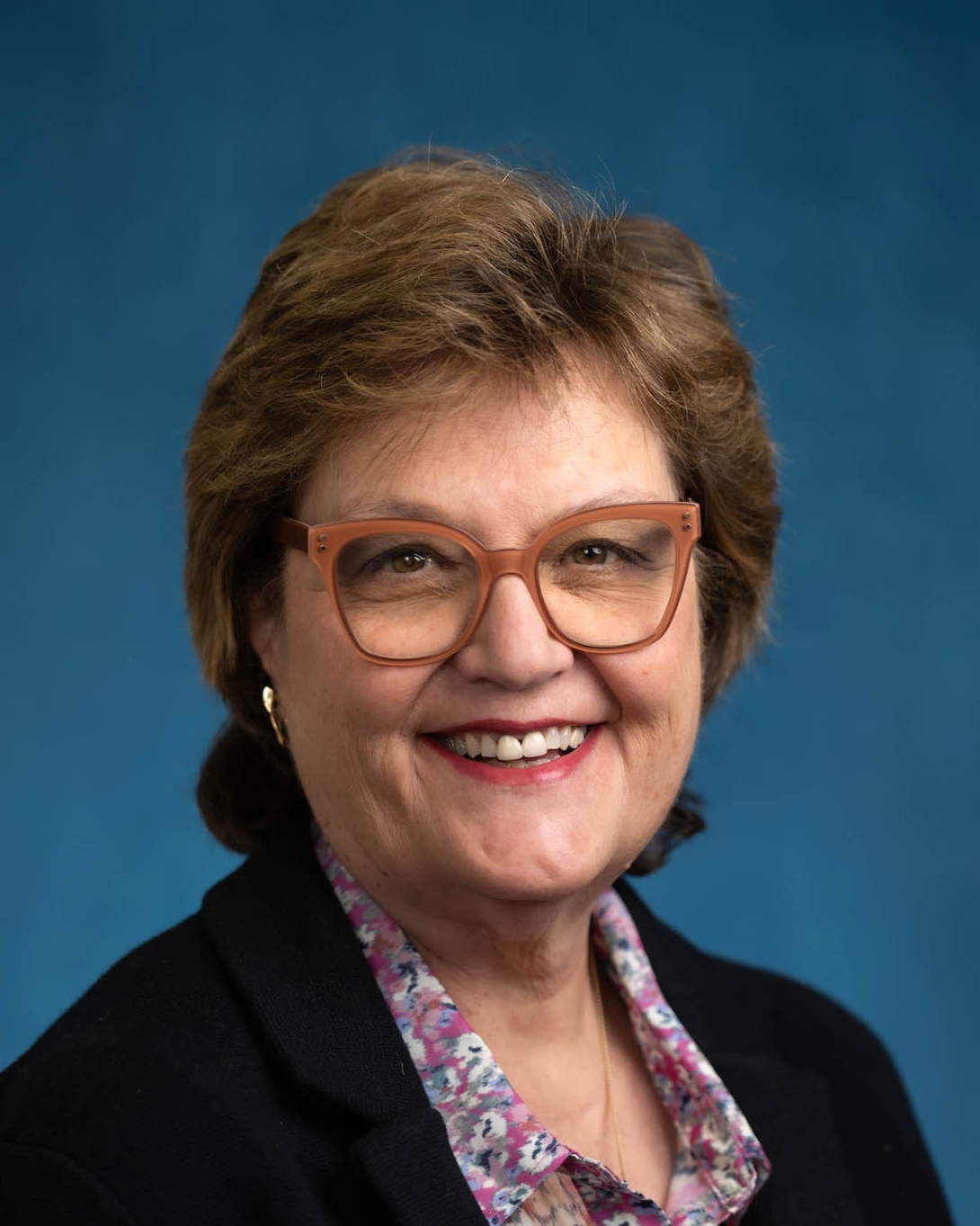
Chair, Department of Obstetrics and Gynecology
Professor of Obstetrics and Gynecology
Professor of Urology

Program Director
Reproductive Endocrinology and Infertility Fellowship
Professor of Epidemiology
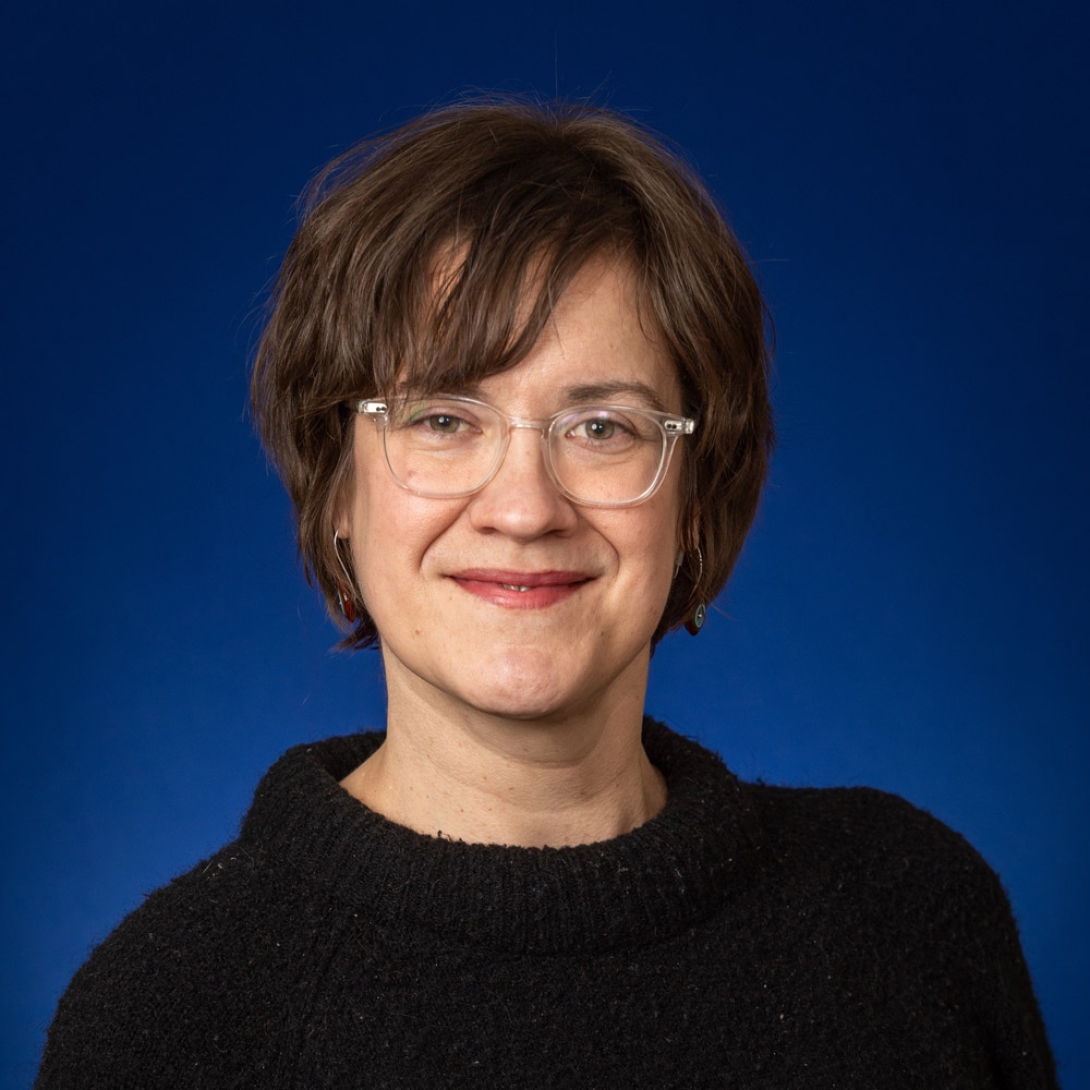
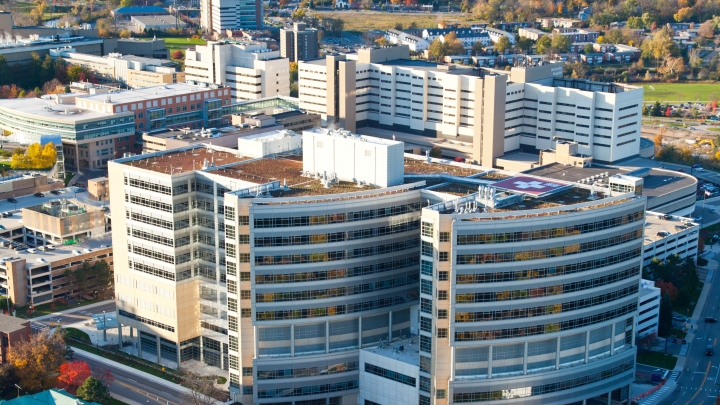
Nationally-recognized physicians provide patients with a full spectrum of pregnancy and childbirth care, as well as gynecologic care before and after pregnancy. For high-risk pregnancies, U-M Medical School’s Fetal Diagnosis and Treatment Center offers comprehensive fetal services, utilizing the latest technological advances in diagnostics, minimally invasive surgeries and open surgeries.

We find a new reason to love Ann Arbor nearly every day — year-round outdoor activities, cultural experiences, a growing food scene, and a welcoming, family-friendly atmosphere are just a few that come to mind. Explore all that Ann Arbor and our surrounding communities have to offer.




